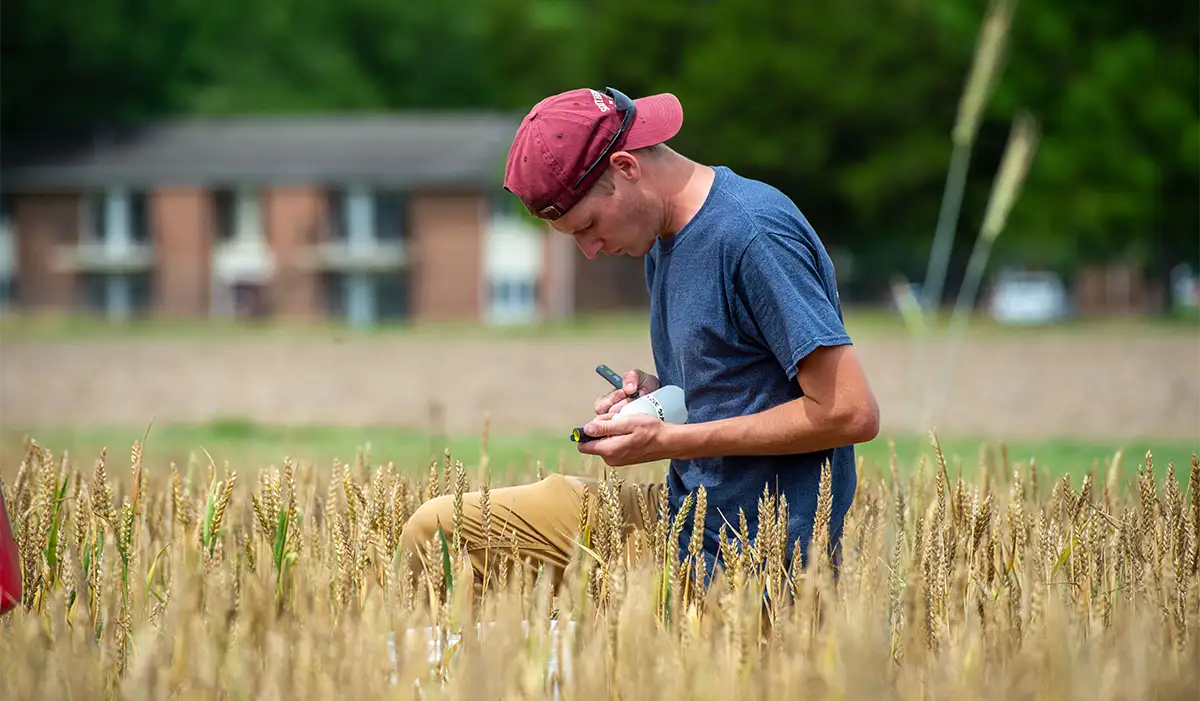Experiential Learning
/https://siu.edu/search-results.php
Last Updated: Dec 18, 2025, 01:09 PM
Introduction to Experiential Learning
Experiential learning is a learning philosophy that emphasizes the importance of learning through direct experience, reflection, and active engagement. Instead of receiving information passively, learners actively engage with the subject matter, participate in hands-on activities, and reflect on their experiences. The process of experiential learning is often cyclical, involving concrete experiences, reflective observation, abstract conceptualization, and active experimentation (Kolb, 1984).
Key components of Kolb’s (1984) experiential learning include:
Engaging in real-life experiences that form the basis for learning. This could involve hands-on activities, field trips, simulations, or any direct encounter with the subject matter.
Reflecting on the experience, analyzing what happened, considering the outcomes, and identifying patterns or insights. This step encourages critical thinking and self-awareness.
Drawing conclusions from reflective observations and forming generalizations or theories. Learners make connections between their experiences and existing knowledge or concepts.
Applying the insights gained from the reflective process by actively testing them in new situations or contexts. This step completes the cycle by leading to new concrete experiences.

Forms of Experiential Learning
Experiential learning is widely used in all levels of education. It can take various forms of hands-on activities that enhance students' theoretical knowledge and equip students with practical skills to apply their knowledge in real-world situations. Here are several ways experiential learning can be applied in higher education.
Internships:
Arrange internship opportunities where students work in real-world settings relevant to their field of study. This allows students to apply theoretical knowledge in practical situations, gain industry experience, and build professional networks.
Service-Learning:
Incorporate service-learning projects into courses, where students address community needs while applying academic concepts. This fosters civic engagement, social responsibility, and a deeper understanding of course content.
Field Studies and Research:
Conduct field studies or research projects that involve data collection, analysis, and interpretation in real-world settings. This can be particularly effective in disciplines such as environmental science, anthropology, and geography.
Project-Based Learning:
Design courses around project-based learning, where students collaborate on real projects that require problem-solving and critical thinking. Projects can be industry-specific or relate to community issues.
Entrepreneurship Programs:
Develop entrepreneurship programs that allow students to create and run their own businesses, fostering innovation and practical business skills. This approach applies to business, engineering, and technology programs.
Clinical Placements and Practicums:
Provide clinical placements and practicum experiences for students in healthcare, education, social work, and other professional fields. This hands-on experience is crucial for developing the practical skills required in these professions.
Study Abroad Programs:
Offer study abroad programs that expose students to different cultures, languages, and global perspectives. This can enhance cultural competence, language skills, and the ability to work in diverse environments.
Experiential Labs:
Create experiential learning laboratories where students can engage in hands-on experiments and gain practical skills in fields such as science, engineering, and technology.
Technology-Based Simulations:
Use virtual reality (VR) or augmented reality (AR) simulations to provide realistic, immersive experiences in fields such as medicine, engineering, and architecture.
Capstone Projects:
Implement capstone projects where students integrate knowledge from their entire academic experience to solve real-world problems. This culminating project can demonstrate the depth of their understanding and the application of their skills.
Apprenticeship:
It is a holistic learning process of blending theoretical instruction and practical tasks, fostering skill development and problem-solving abilities. It offers learners an opportunity to work alongside skilled mentors in real-world environments, gain practical experience, and develop industry-relevant skills.
Performance/Exhibitions:
These are powerful forms of experiential learning that offer learners unique opportunities to apply theoretical knowledge in practical and creative ways. In disciplines like fine arts, music, theater, and design, learners often engage in this form of experiential learning to showcase their skills, creativity, and mastery of concepts learned in the classroom.